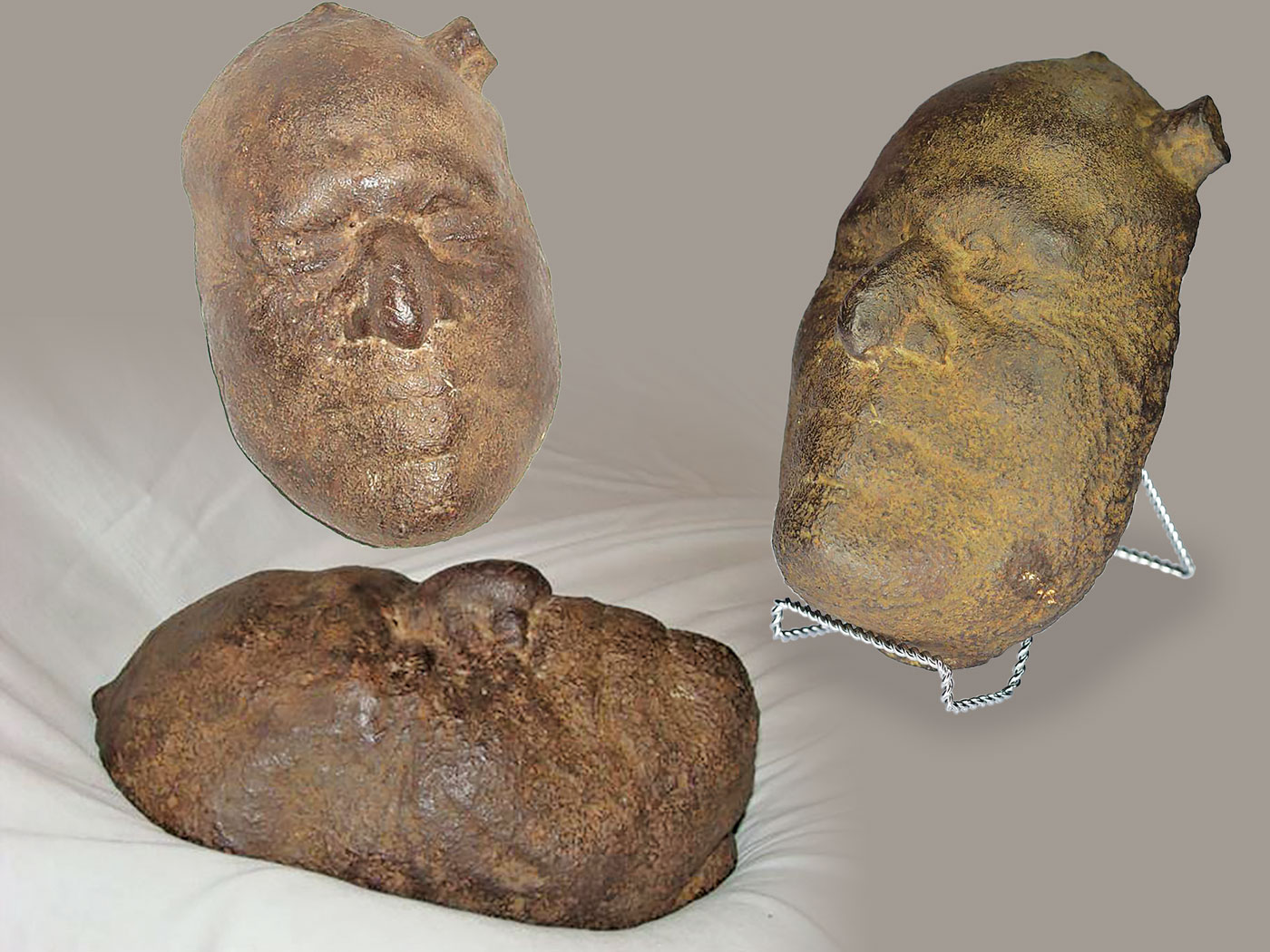Search Tools
New Defender's Study Bible Notes
2:1 And. The connective “and” ties this statement to the previous verses. That is, as Christ was raised and exalted, so we also are spiritually raised in Christ and given new life in Him.
2:1 trespasses and sins. Every man and every woman, regardless of wealth or education or family background, are sinners by nature and practice, and therefore are spiritually dead, facing God’s future judgment.
2:2 power of the air. The “prince of the power of the air” is Satan, ruling a vast multitude of fallen angels, “spiritual wickedness in high places [i.e., ‘heavenly places’],” opposing God and His people. See Ephesians 6:12.
2:3 conversation. “Conversation” is an archaic English expression for “way of life.” Note that “we all” are born to this self-centered life style and need desperately to be saved and given a new nature.
2:3 children of wrath. In our natural state we are called both “children of disobedience” (Ephesians 2:2) and “children of wrath.” We are also called “children of this world” (Luke 16:8) and even “children of the wicked one” (Matthew 13:38) and “children of the devil” (I John 3:10). This is why Jesus told even such an outwardly righteous and religious man as Nicodemus: “Ye must be born again” (John 3:7). “Except a man be born again, he cannot see the kingdom of God” (John 3:3).
2:6 together. In Christ we all are “quickened” (Ephesians 2:5), “raised up,” and “made [to] sit” together. These great truths are so certain to be accomplished that they are expressed in the past tense.
2:7 ages to come. There is, indeed, despite the taunts of skeptics and materialists, “pie in the sky, by and by!” “All that is in the world…passeth away” (I John 2:16-17). In the ages to come, however, “the sufferings of this present time are not worthy to be compared with the glory that shall be revealed in us” (Romans 8:18). Note also II Corinthians 4:17; Ephesians 3:21; Hebrews 11:25-26; Revelation 21:4).
2:8 that. This classic gospel verse stresses that even the faith through which we receive God’s salvation is the free gift of God. We have nothing of which to boast (Ephesians 2:9).
2:10 workmanship. See on Romans 1:20, in which poiema, here translated “workmanship,” is translated “things that are made,” these being the only two occurrences of this Greek word from which we get our English word “poem.” Thus, both the created world and the redeemed world are great divine “poems” written by the Creator!
2:10 created. As “a new creature” (II Corinthians 5:17), our new nature is specially “created” by God to live a life characterized by “good works” instead of by “the desires of the flesh and of the mind” (Ephesians 2:3).
2:12 without God. “Without God” is the Greek atheos (equivalent to “atheist”). This is the only place in the New Testament where this word is used.
2:14 our peace. The Lord Jesus Christ Himself is “our peace.” He is “the Prince of peace” (Isaiah 9:6), “the God of peace” (Hebrews 13:20), “King of peace” (Hebrews 7:2), and “author of…peace” (I Corinthians 14:33). In the context of this passage, He has provided through His blood (Ephesians 2:13) the means of making peace between Jew and Gentile, with both together as members of His own mystical body, the “new man” of verse 15 and the “one body” of verse 16. This great body is also the theme of such passages as Ephesians 1:22-23; I Corinthians 12:12-13; and Colossians 3:10-11.
2:14 middle wall of partition. This term refers to the wall separating the court of the Gentiles from the rest of the Herodian temple, symbolizing the distinction placed between Jew and Gentile in the Mosaic economy.
2:17 preached peace. This “[preaching] of peace”—not only peace between Jew and Gentile but also individual peace with God through the forgiveness of sins—had long been in God’s plan. The promised Messiah was “anointed” to “preach good tidings unto the meek” first among the Jews, but then also to “declare my glory among the Gentiles” (Isaiah 61:1; 66:19). Jesus not only confirmed that He had come in fulfillment of this prophecy to “preach the gospel to the poor” (Luke 4:18) but also reminded the Jews that He had “other sheep” which were “not of this fold: them also I must bring, and they shall hear my voice; and there shall be one fold, and one shepherd.” (John 10:16). Later He commissioned His disciples to “be witnesses unto me…unto the uttermost part of the earth” (Acts 1:8). Then, through Paul and others, He has been “preached unto the Gentiles” and “believed on in the world” (I Timothy 3:16).
2:18 Father. Note the activity of all three persons of the Godhead in reference both to salvation and prayer. We have access to the Father only through faith in the Son and by the implementing work of the Holy Spirit. Note also the work of the Trinity: in redemption and forgiveness (Hebrews 9:14); the presence of the Trinity in our baptismal testimony (Matthew 28:19); in our experience of regeneration (Galatians 4:6); in our assurance and fellowship (II Corinthians 13:14); in witnessing (John 15:26); and in teaching (John 14:26).
2:19 household. We are of “the household of faith” (Galatians 6:10), and therefore of “the household of God”—that is, members of His family, whether Jew or Gentile. Then, as Ephesians 2:20-22 goes on to reveal, this living household is also becoming a living house, and we shall “dwell in the house of the LORD for ever” (Psalm 23:6).
2:20 foundation of the apostles. The “foundation of the apostles and prophets,” upon which the great house must be built, clearly refers to the Scriptures which they wrote under divine inspiration. Note Ephesians 3:3-5. The New Testament was given “by revelation” (Ephesians 3:3), “revealed unto His holy apostles and prophets by the Spirit” (Ephesians 3:5). This revelation was first preached verbally to the early churches, but then amplified, expounded and codified in writing—writings which soon came to be recognized as the “canon”—that is the measuring rule—of New Testament Scripture. Once this “foundation” was laid, when the Scriptures were finally completed through the last living apostle and prophet, then the superstructure of this “holy temple in the Lord” (Ephesians 2:21) could be erected, stone by stone, as we all are being “builded together for an habitation of God through the Spirit” (Ephesians 2:22). It is especially important to remember that the foundation is already complete. Nothing further can be added to the inspired Scriptures. The last apostle, John, strongly emphasized this in his final words (Revelation 22:18,19). Thus any later “prophet,” professing to have some new revelation from God, is thereby branded a “false prophet” (note Matthew 24:24).
2:20 chief corner stone. The Lord Jesus Christ is the chief corner stone around and upon which the foundation itself has been built. He as Son of God is also the “Rock” upon which the church is built (Matthew 16:18). Furthermore, “other foundation can no man lay than that is laid, which is Jesus Christ” (I Corinthians 3:11); He must be the foundation of each redeemed life. Note also such related Scriptures as Psalm 118:22; Isaiah 28:16; Matthew 7:24-25; I Peter 2:3-8; and finally Revelation 21:14-21.











